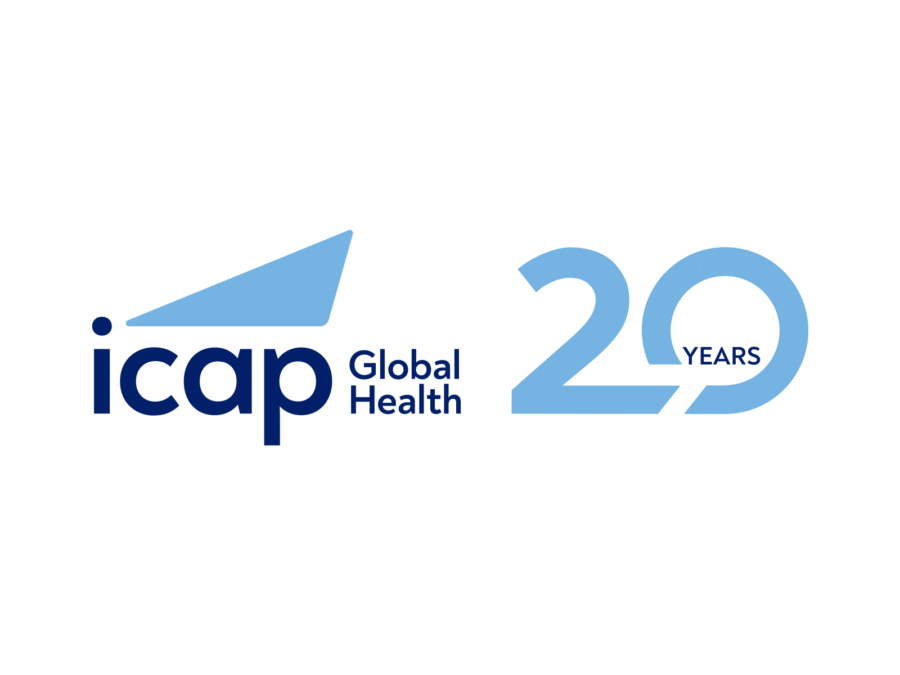Achievement of viral suppression among people living with HIV is critical for decreasing morbidity and preventing HIV transmission to others. This has motivated global efforts to identify all individuals living with HIV, link them to HIV care, offer and initiate antiretroviral therapy, and support them to achieve and maintain viral suppression. However, data indicate that only 55 percent of those diagnosed with HIV in the U.S. achieve viral suppression.
Findings from the HIV Prevention Trials Network (HPTN) 065 study showed that use of financial incentives can result in enhanced viral suppression, with potential for improved health among HIV-positive patients and prevention of HIV transmission to others.
The HPTN 065 study was a community-based clinical trial conducted in the Bronx and Washington, D.C., two communities severely affected by HIV. The study included 37 HIVtest sites and 39 HIV care sites that were randomly assigned to use financial incentives or their standard procedures to enhance linkage to care of HIV-positive patients and promote viral suppression among those on HIV treatment. The study was led by Dr. Wafaa El-Sadr, director of ICAP and professor of epidemiology and medicine at Columbia University’s Mailman School of Public Health, and funded by the National Institutes of Health.
Findings from the study, which were published in JAMA Internal Medicine, showed that the use of gift cards as financial incentives significantly increased viral suppression and clinic attendance among HIV-positive patients. Overall, the proportion of patients with viral suppression was nearly four percent higher at clinics offering financial incentives than at those offering the standard of care. Additionally, in the subgroup of patients who were previously not virally suppressed, the proportion virally suppressed was nearly five percent higher at clinics offering the financial incentive. However, the financial incentive had no significant effect on the linkage to care of those found to be HIV-positive.
“Effective interventions are needed to garner the benefits of antiretroviral therapy for the individual and for society,” said Dr. El-Sadr. “The results of this study are encouraging and should motivate efforts to pursue the further assessment of using financial incentives in HIV treatment programs and to determine their potential impact when scaled up.”








